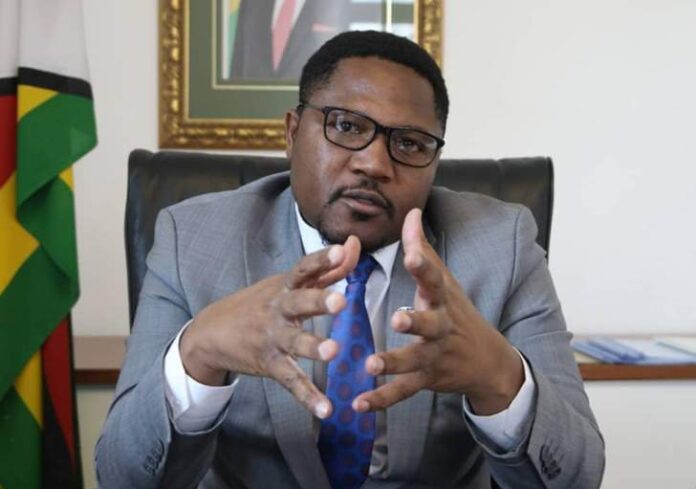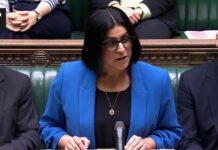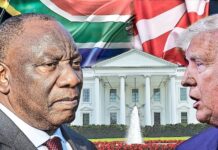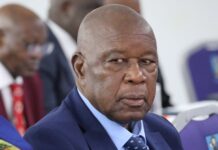HARARE — The stunning dismissal of Energy Mutodi from his position as Chairperson of Parliament’s Finance and Budget Committee has ripped the lid off a deeper national scandal — the alleged cartelisation of Zimbabwe’s financial system, where loyalty to power has become a currency of survival.
Mutodi’s abrupt ousting on October 7 — announced by Speaker Jacob Mudenda — came barely five days after he publicly accused Finance Secretary George Guvamatanga of soliciting kickbacks from government contractors. His allegations, recorded in the Hansard, painted a damning picture of Treasury operations driven by graft and coercion.
“High officials at the Ministry of Finance are demanding between five and ten percent of every transaction approved by Treasury,” Mutodi declared.
He claimed that the road construction company Bitumen was compelled to pay US$200,000 for every US$2 million released, and that Parliament itself had been starved of funds for resisting such demands.
Within days, Mutodi was gone.
Former Finance Minister Tendai Biti called it a “calculated and ruthless strike” by cartels embedded within the state.
Political analyst Tinashe Madondo went further, alleging that Guvamatanga used his “war chest of looted funds” to bribe ZANU PF Chief Whip Pupurai Togarepi with US$500,000 to engineer Mutodi’s expulsion.
Mutodi’s removal, analysts say, confirms the existence of an entrenched elite network stretching from the Treasury to the highest levels of the executive — a structure of power whose members include business tycoon Kudakwashe Tagwirei, and President Mnangagwa’s nephew, Kudakwashe David Mnangagwa.
Investigators have linked Guvamatanga to Tagwirei’s business empire, which has dominated key public tenders through Sakunda Holdings, Fossil Group, and affiliated companies. The alleged objective: total control over Zimbabwe’s fiscal levers.
“This isn’t just about corruption,” said a former Reserve Bank official. “It’s a full-scale capture of economic governance. The Treasury is now an instrument for cartel enrichment.”
According to leaked procurement documents reviewed by this publication, companies linked to Tagwirei have been awarded state contracts in road construction, fuel supply, and energy infrastructure without open tender — with payments often fast-tracked through the Ministry of Finance.
Mutodi’s assertion that Guvamatanga’s personal wealth exceeds US$1 billion raised eyebrows. Once a Barclays Bank executive, Guvamatanga’s lifestyle — featuring multiple luxury homes, a vast cattle estate, and foreign investments — starkly contrasts with the economic crisis facing civil servants and ordinary Zimbabweans.
His close alliance with Tagwirei and Mnangagwa’s inner circle has effectively insulated him from scrutiny. Even Parliament’s previous attempts to summon him for questioning were ignored.
“This is how capture looks — the overseer of the nation’s finances answers to private interests, not public accountability,” said Biti.
International observers now warn that Zimbabwe’s engagement with institutions such as the IMF and World Bank is compromised, given that the official representing the country’s financial policy is under corruption allegations.
“The partner in key fiscal dialogues — George Guvamatanga — is himself accused of subverting democratic oversight,” Madondo said. “It’s a dangerous precedent for the future of economic governance.”
“Harare for Sale — How Privatisation Became a Cartel Feeding Trough”
An inside look at how Farai Jere, Jacob Mafume, and politically connected elites have turned Harare City Council into a hub of opaque deals, from the GeoPomona waste scandal to land grabs disguised as investment partnerships.











